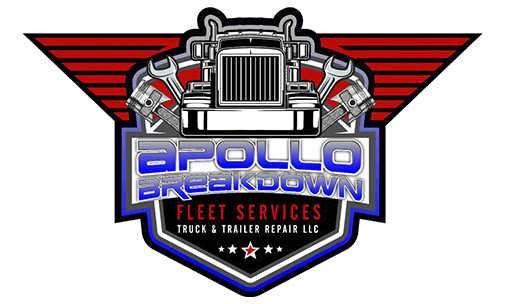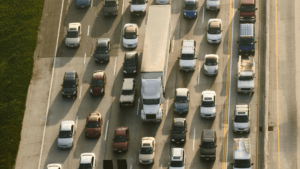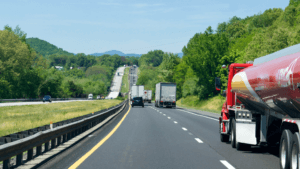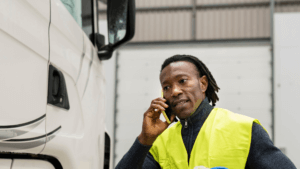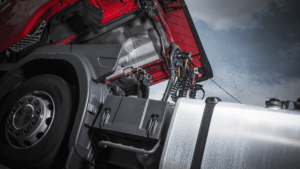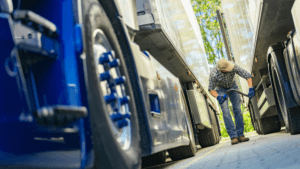Are you tired of dealing with leaky faucets, clogged drains, and other frustrating plumbing issues in your RV? You’re not alone! In this blog post, we’ll explore some of the most common RV plumbing problems and provide you with expert tips on how to fix them quickly and effectively. Say goodbye to soggy floors and overflowing tanks – it’s time to get your RV back in tip-top shape!
Our team is ready 24/7 to assist you, contact us here!
Common issues with RV plumbing
RV plumbing is an essential aspect of your motorhome’s functionality, allowing you to have access to running water for cooking, cleaning, and showering. However, just like any other plumbing system, RV plumbing can encounter various issues that can disrupt your travel plans and cause inconvenience. In this section, we will discuss the most common problems with RV plumbing.
Clogged pipes are one of the most frequent issues with RV plumbing. This problem typically arises from debris such as food particles, hair strands, or soap scum getting caught in the pipes. As a result, it restricts the flow of water and can lead to backups or slow draining sinks and showers.
Leaking fixtures are another prevalent issue with RV plumbing systems that can waste water and cause damage if left unaddressed. The most common culprits for leaks are worn out washers or seals in faucets and showerheads due to constant use while traveling on bumpy roads.
Low water pressure is a common problem in RVs that can make showering and washing dishes frustrating. This issue is usually caused by a clogged or faulty water filter, a partially closed shut-off valve, or air trapped in the pipes.
Tips for maintaining your RV’s plumbing system to avoid future problems
In this section, we will discuss some valuable tips for maintaining your RV’s plumbing system to prevent future problems.
1. Regularly check for leaks: One of the most common plumbing problems in an RV is leakages. These leaks may occur due to worn-out fittings or pipes or even a loose connection. It is crucial to check your RV’s plumbing regularly for any signs of leakage. This includes inspecting all visible pipes and connections under sinks and around appliances such as toilets and showers.
2. Use the right products: It is essential to use only specialized products designed specifically for RV plumbing systems when performing repairs or maintenance tasks. Using regular household cleaners or chemicals can damage your RV’s pipes and cause serious clogs.
3. Keep your tank valves closed while stationary: When parked at a campground or campsite, ensure that all tank valves are tightly closed. Leaving them open can lead to debris entering the tanks and causing blockages or unpleasant odors.
4. Monitor water pressure: High water pressure in an RV can strain its plumbing system leading to burst pipes and leaks over time. Invest in a water pressure regulator that attaches to the main hose connection before filling up your freshwater tank.
5. Use biodegradable toilet paper: Regular toilet paper takes longer to break down than biodegradable brands which can cause clogs in your blackwater tank over time.So it’s best to use biodegradable options specifically made for RVs.
Apollo saves you time and money to keep you moving, visit our website here.
Importance of regular check-ups and inspections for your RV’s plumbing
One of the main reasons why regular check-ups are important is to detect any potential issues early on. Just like our own bodies, small problems in an RV’s plumbing can escalate quickly if left undetected and untreated. By having a professional inspect your RV’s plumbing regularly, you can catch any leaks, clogs, or other problems before they turn into larger and more expensive ones.
Moreover, regular inspections allow for necessary adjustments and adjustments to be made. Over time, wear and tear can cause parts of your RV’s plumbing system to become misaligned or loose. These small issues may not seem significant at first but can lead to bigger problems if left unattended. During an inspection, a technician will be able to identify these issues and make the necessary fixes to keep your plumbing functioning properly.
In addition, regular check-ups give you peace of mind while traveling. With an RV, you’re constantly on the move which means being exposed to different environments and climates. This can put added strain on your plumbing system as well as increase the risk of damage from external elements such as rocks or debris on the road. By getting routine inspections done before embarking on a trip, you’ll have assurance that everything is in good working order.
Cost-effective solutions for DIY repairs vs. professional plumbing services
One of the biggest advantages of DIY repairs is cost savings. By fixing the problem yourself, you eliminate labor costs associated with hiring a professional plumber. Additionally, many basic RV plumbing issues can be easily fixed with simple tools and supplies that are readily available at most hardware stores.
Another advantage of DIY repairs is convenience. If you’re traveling on the road and encounter a plumbing issue, it may not be feasible to wait for a plumber to arrive or find one in your current location. With some basic knowledge and troubleshooting skills, you can potentially fix the problem on your own and get back on the road in no time.
Hiring a professional plumber ensures that your RV’s plumbing problems will be addressed correctly and efficiently. Experienced plumbers have extensive knowledge and experience working with various types of systems and are equipped with specialized tools to handle complex issues.
Moreover, professional plumbers provide a guarantee for their work and offer insurance coverage in case of any damages caused during repairs. They also have access to replacement parts, which may be difficult or costly for you to obtain on your own.
Do you want to restore the performance of your vehicle? We can help you, contact us now!
Call us for truck repair road service here. We are in Florida, Texas and Georgia. Open 24/7.
